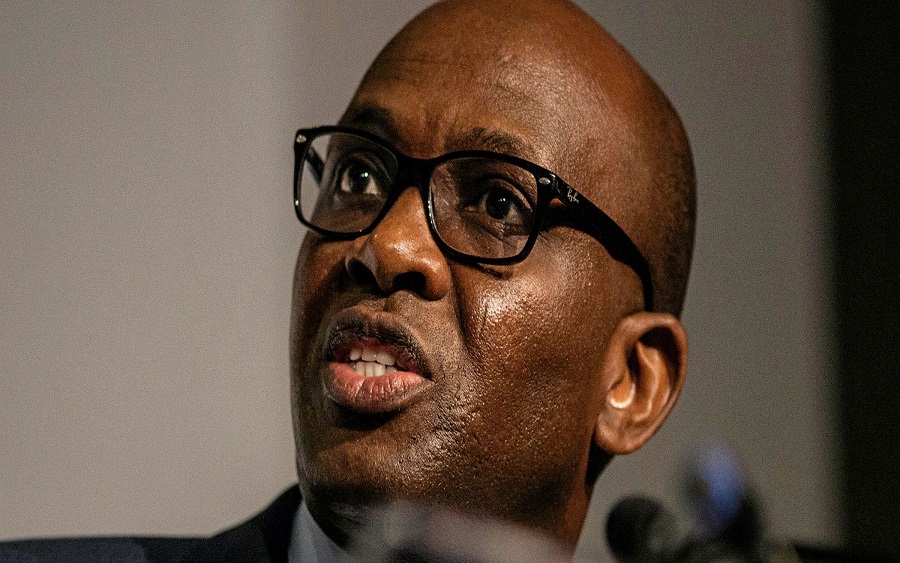The Nigeria Liquefied Natural Gas (NLNG) Limited, through its Managing Director (MD), Tony Attah, has said the ongoing Train 7 project would increase its production capacity from 22 million MPTA to around 30 million MPTA. The figure represents a 35% increment.
While speaking during a panel session at the Fourth Sub Saharan Africa International Petroleum Exhibition and Conference (SAIPEC), which was held in Lagos, Attah said the Train 7 project would also create more jobs, which would increase revenue for the government.

“The Train 7 project will ramp up NLNG’s production capacity by 35% from 22 million MTPA to around 30 million MTPA. The project is anticipated to create about 12,000 new jobs and an additional 40,000 indirect jobs. This translates to more gas, more taxes and more revenue,” Attah was quoted as saying.
Attah, who was represented at the panel session by Adeleye Falade, General Manager, Production, NLNG, said the company was targeting to increase its supply of cooking gas, to the domestic market to 350,000MT in 2020.
(READ MORE: NLNG signs supply agreement with Galp Trading SA)
According to him, the desire of the NLNG to deepen LPG penetration in Nigeria was aimed at creating a healthy life for Nigerians by giving them access to a clean source of energy for cooking.
Recall that in December 2019, the shareholders of the NLNG approved for the company to proceed with its Train 7 project.
As earlier reported by Nairametrics, the Train 7 Project, which has been delayed for over 10 years, aims to increase the company’s production capacity from 22 metric tonnes per annum to about 30 MTPA and will form part of the investment of over $10 billion, including the upstream scope of the LNG value chain.
What you should know: The project aims at increasing the capacity of NLNG’s six-train plant from the extant 22 Million Tonnes Per Annum (MTPA) to 30 MTPA.
This is with the award of contracts for the engineering, procurement and construction activities to follow the closure of bank and Export Credit Agency (ECA) financing, and the finalization of some key supporting commercial agreements expected in early 2020.
The actualisation of the Train 7 Project comes as NLNG celebrates 30 years of its incorporation and 20 years of safe and reliable operations since exporting its first LNG cargo in 1999.













